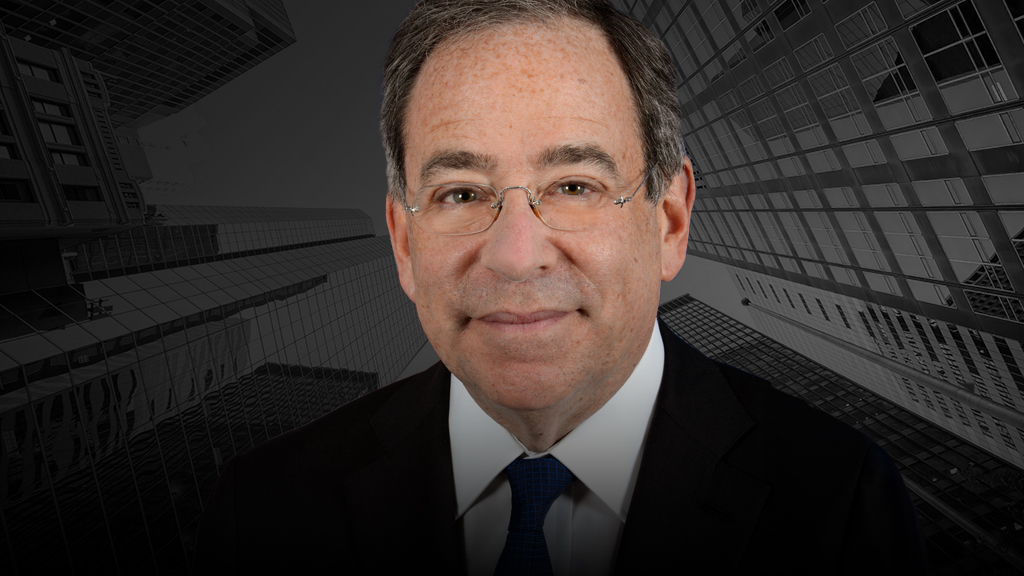Thomas Nides
Former U.S. Ambassador to Israel
Thomas Nides, former US Ambassador to Israel, believes the Israel-Hamas war is the most significant event in the country’s history.
Thomas Nides is a former US Ambassador to Israel. He served in this role from 2021 to 2023. Before his work as ambassador, Tom worked for Morgan Stanley as a Managing Director, Vice Chairman, and a member of the firm’s management and operating committees from 2013 to 2021. He also served as Deputy Secretary of State for management and resources under the Obama Administration from 2011 to 2013. In addition to these prestigious roles, Tom has served in many other financial and governmental roles throughout his career. I recently sat down to chat about current affairs in the Middle East.
How significant is the Gaza conflict?
Tom believes the Israel-Hamas war is the most significant event in the country’s history. He describes what Israel is going through now as the equivalent of all 350 million Americans losing a loved one in the 9/11 terrorist attacks. Every Israeli likely knows someone affected by this devastating conflict in Gaza. Tom feels that the country will never be the same again.
How should the US move forward with its sanctions against Iran?
Before the Trump administration placed sanctions on Iran, Iran was selling nearly 2 million barrels of oil daily. After the sanctions, they sold close to 100,000 barrels per day. However, the Biden administration has rescinded some of these sanctions and bolstered others to further tighten the US grip on Iran.
While the moves made by each administration are controversial, Tom believes that it is key to stay true to the mission of doing whatever it takes short of an all-out boots-on-the-ground war to keep Iran from producing nuclear weapons. Tom is a proponent of solving issues like these through diplomacy, as doing so results in the least amount lost on either side.
Is corruption a big factor in the crisis?
During our conversation, I mentioned Jared Kushner comparing the behavior of Netanyahu with Abbas, indicating that there was a large amount of corruption in the Middle East–especially with Abbas. However, Tom believes that Kushner was dramatizing things a bit. As with almost every facet of life, there is a degree of corruption at play. However, there probably isn't as much corruption involved as one might think. President Abbas has done quite a bit to work with the Israelis. Tom believes many would consider him a great asset to Israel, especially given the uncertainty that will follow once he leaves office.
Related Walker Webcasts
D.C.’s Next Chapter with Muriel Bowser
Learn More
October 1, 2025
Government & Policy
Life, liberty, and the pursuit of happiness with Jeffrey Rosen
Learn More
July 31, 2024
Government & Policy
Business, Politics, and Higher Education with Mitch Daniels
Learn More
May 22, 2024
Government & Policy
Insights
Check out the latest relevant content from W&D
News & Events
Find out what we're doing by regulary visiting our News & Events pages
